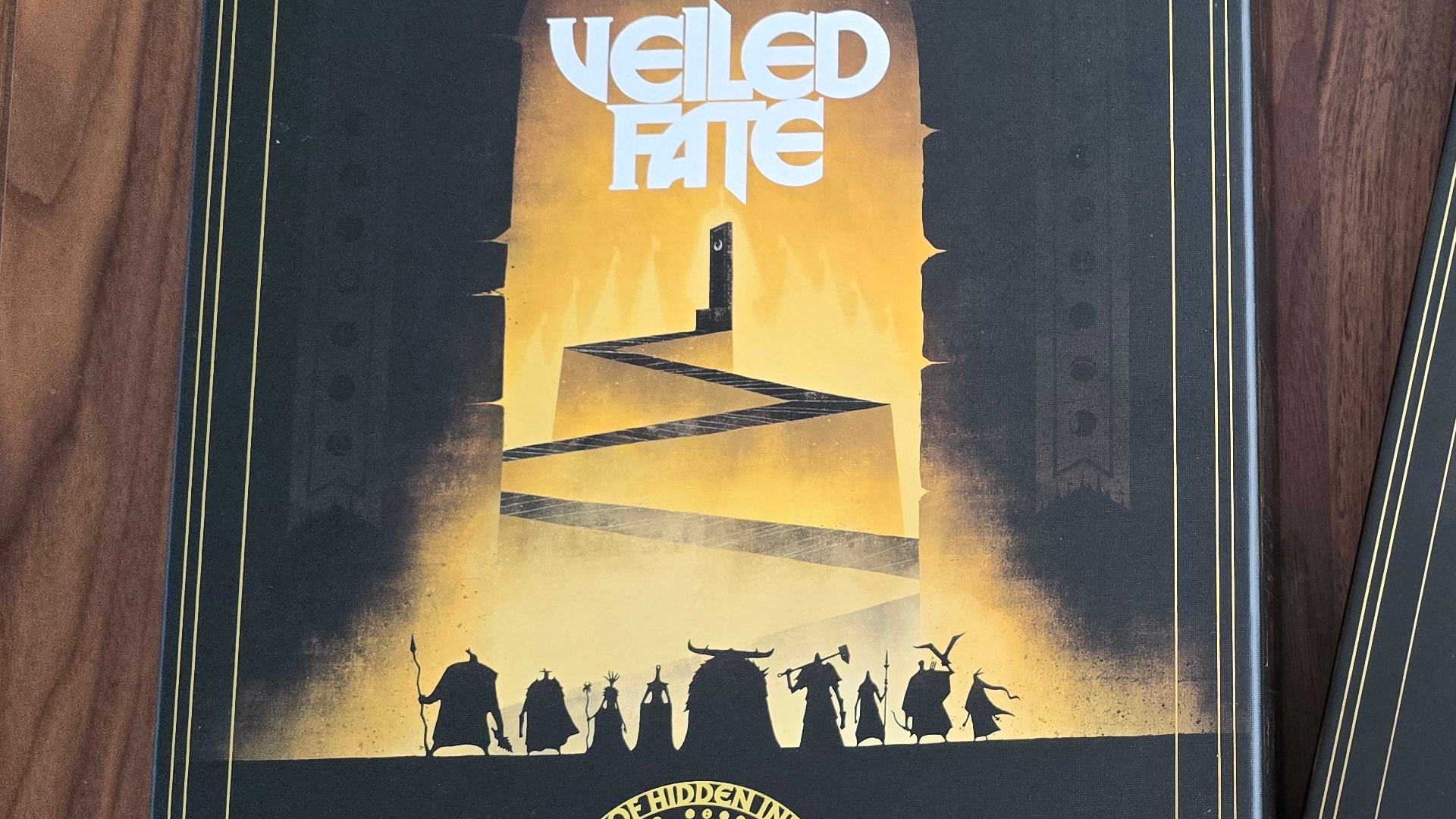Why you can trust GamesRadar+
From an opening shot of a crocodile sliding below the stagnant surface of a pond, accompanied by a voice-over pondering the origins of evil and war, The Thin Red Line makes it abundantly clear that is isn't going to play the Is This Better than Saving Private Ryan? game. One starts with 20 minutes of juddering combat footage, the other with an idyllic view of Pacific village life. One is about World War Two, the other about war itself. One is shot in the rubble of society, the other in unspoiled Nature. If Ryan showed us the visceral effect that mechanised war can wreak on the human form, then The Thin Red Line strives to describe the individual's perceptions while under fire. If you're after Ryan Part 2, forget it. It's 45 minutes before the opening shot is fired.
Terrence Malick's first film for 20 years is a near free-form essay in texture, shape and ideas, a composition of resonant images that continually grips your attention despite being almost three hours of essentially narrative-free drama. It's a film that moves in circles rather than along a more traditional linear, plot-led track, crossing and recrossing the same ideas - the nature of heroism, or love, or duty - with such repetition that the historical base of the story hardly gets any screen time. It's enough to know that the Americans invade the island at the beginning, fight their way across it and are evacuated off the other side at the end, which is just about all that you get. A more traditional war movie would finish on the frantic running battle through a burning jungle-glade clearing, yet here Malick places it in the middle and then goes on to give greater screen-time to the grief of the Japanese prisoners, cancelling out any sense of victory.
Despite the impressive cast, the film's carried by the lesser-known actors, most notably Caviezel as the frequently AWOL Private Witt and Chaplin as the dreamy Private Bell who constantly tortures himself with memories of his wife. Of the big names, Penn acts as Witt's nemesis, Nolte is brilliantly brutish as the glory-seeking officer prepared to sacrifice his men for quick results, and Cusack excels as the officer caught between the demands of his superiors and concerns for his men. Travolta and Clooney's parts are so short that they jolt you out of the film, and as such, were probably a minor mistake.
The biggest impression isn't that of the actors though, but of shape and space and form. Time and again we're presented with fascinating images - the perforated steel floor of a ship, the buttress roots of a mango tree, the ripples in a pool - solely because they look beautiful. Many will argue that there are too many Shafts Of Light Through Jungle Canopy shots, and that perhaps the juxtaposition of warfare and Nature is overstated. Yet, it's such a consistently beautiful film that you're left wondering what Malick could have produced if only he'd made more than a handful of films.
For all his artistic leanings, Malick also delivers terrifying and energetic battle sequences that easily rival the manic intensity of mainstream action movies. In a moment, he turns the seemingly endless hillsides of waving waist-high grass into a claustrophobic bullet-strafed slaughter. And during the film's highpoint - a terrifying assault on a series of hilltop bunkers - he confines the action to such a small area that you wonder if anyone will survive the storm of gunfire.
Bullets whining past a single soldier lost in a world of glowing white fog; a tiny Melanesian native ignoring a group of burly, heavily-armed soldiers as he walks along the local path that may be their route to death: the film is rich with images calculated to be truly, undeniably artful. Yet so much is image rather than story that it begs the question as to what was left on the cutting room floor. Similarly, the combination of acting and imagery is so potent that the chorus of eight voice-overs often appears needless.
Without doubt,the perfect thinking-man's war movie was shot in the jungles of northern Australia. Equally certain is that this isn't the movie you'll see. The Thin Red Line should be seen by everyone with an interest in cinema, who should also pray that a 4-disc DVD version will one day be released, showing the world what didn't make it into this film.
Bringing all the latest movie news, features, and reviews to your inbox
A totally engrossing film, marred only by the voice-over: at best it's a poetic flow that needlessly enforces the visuals; at worst, it's a pretentious monologue. Malick's return to movie-making will go down as one of the finest films of the year.
The Total Film team are made up of the finest minds in all of film journalism. They are: Editor Jane Crowther, Deputy Editor Matt Maytum, Reviews Ed Matthew Leyland, News Editor Jordan Farley, and Online Editor Emily Murray. Expect exclusive news, reviews, features, and more from the team behind the smarter movie magazine.


